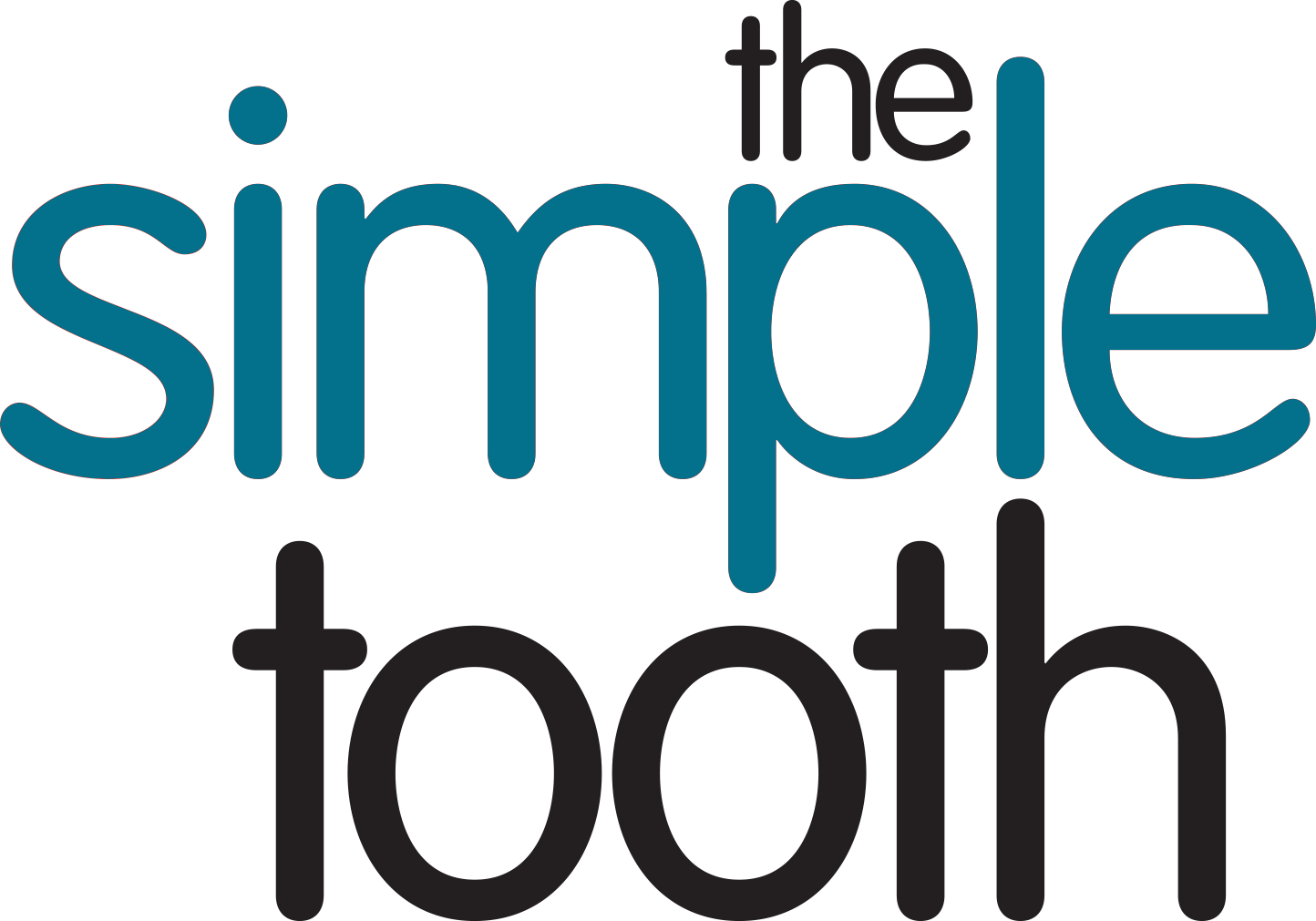26700 Towne Centre Dr #290 Foothill Ranch, CA 92610
Why do I keep getting cavities?

Are you a “frequent flyer” at the dentist office? We have patients who have x-rays full of existing dental work, and they keep getting more new cavities. That’s a sure sign you have active dental caries, the formal name for the tooth disease that results in cavities. Here’s a part of the checklist we go through whenever there’s concern from us or the patient about recurring cavities:
Do you floss once a day?
Dental caries is a disease caused by a few species of bacteria. They like to clump together into a sticky film called plaque. This protects them from the human immune system and also acts as a net to catch bits of your food that float by. As they eat, they reproduce in greater numbers. Flossing breaks up the plaque, breaking up the “crowd” of germs and preventing them from reaching a harmful density. Daily flossing is the single most productive preventative factor in the prevention of cavities. Even if you do EVERYTHING else on this list, skipping floss may still lead to more cavities. If you don’t want to floss, use a floss pick, an interdental brush (look like mini pipe cleaning brushes), or use a Waterpik for two full minutes. But you MUST break up the plaque between your teeth at least once per day if you want to prevent cavities, particularly if you are in a high risk group.
Do you drink anything besides water?
Cavities happen when the bacteria reach a high enough density that their waste acids eat through enamel. We don’t help matters when we drink acidic beverages. Almost everything we commonly drink, even milk, coffee or tea, are more acidic than water. When the pH of the mouth drops below 5.5, enamel starts to dissolve. Drinking acidic beverages like soda or energy drinks is like pouring lighter fluid on your campfire. It turbocharges the tooth decay process. The body can’t start repairing the damage until it neutralizes the acid. If you are at high risk for tooth decay, do not drink anything but water between meals. Limit yourself to milk, coffee, and tea, and only with meals. Your mouth will have fewer episodes of acid challenge if you combine food and acid drinks into single settings.
Do you snack between meals?
Grazing on small snacks and smaller meals is much better for your metabolism, but it’s terrible for your teeth. Every time you ingest a carbohydrate, the bacteria immediately start breaking down the sugars and starches for energy, creating acid as a waste product. It takes two hours for the body to neutralize the acid, and only then can the repair process start. So if you eat every two hours, your teeth are below the “acid line” of ph 5.5 almost the entire day. So they have almost no time to self repair. Eventually the acid damage will collapse the enamel into a cavity. If you must eat frequently (diabetics, people with really fast metabolism), then look for foods high in protein, fiber, or fat. Nuts and cheese are high in both protein and fat. Lean meats are high in protein. Vegetables are high in fiber. Avoid energy bars, protein bars, granola, and other processed carbohydrates. Anything that gives YOU a quick boost of energy is easily digested by the bacteria also. You can eat most fruits, as long as they don’t stick to your teeth (dates, figs).
Does your mouth ever feel dry? Are you on any medications?
Dry mouth, or xerostomia, can have disastrous consequences to the teeth. Saliva is the ONLY way minerals are transported to the enamel for self repair, so without it, tooth decay advances rapidly. Age, autoimmune conditions, and many medications can cause xerostomia. Anti-histamines and anti-depressants are notorious for reducing salivary flow. If your mouth feels dry on a regular basis, talk to your physician and your dentist. Biotene products, sugarless mints, and sugar free gum can all help to encourage saliva. If your saliva glands are permanently damaged (from chemotherapy or especially radiation therapy), ask your dentist to make you fluoride trays. Professional strength, daily fluoride treatments are the last line of defense if you lose your saliva production permanently.
If cavities are found on consecutive checkups, or you get multiple cavities on the same checkup, you may be at high risk for tooth decay. Make sure your dental team takes the time to walk through ALL the risk factors. Our office can evaluate your risk factors and create an individualized prevention plan. Taking the time to develop a personalized strategy is called CAMBRA: CAries Management By Risk Assessment.
Getting cavities at checkups over and over again can be frustrating. Don’t give up. Don’t be resigned to let your teeth rot away. Dental caries is a disease that can’t be cured, but it can be managed. If you’re willing to change some habits and make some new ones, we can greatly reduce your chance of getting future cavities, and make your existing dental work last longer, too.


